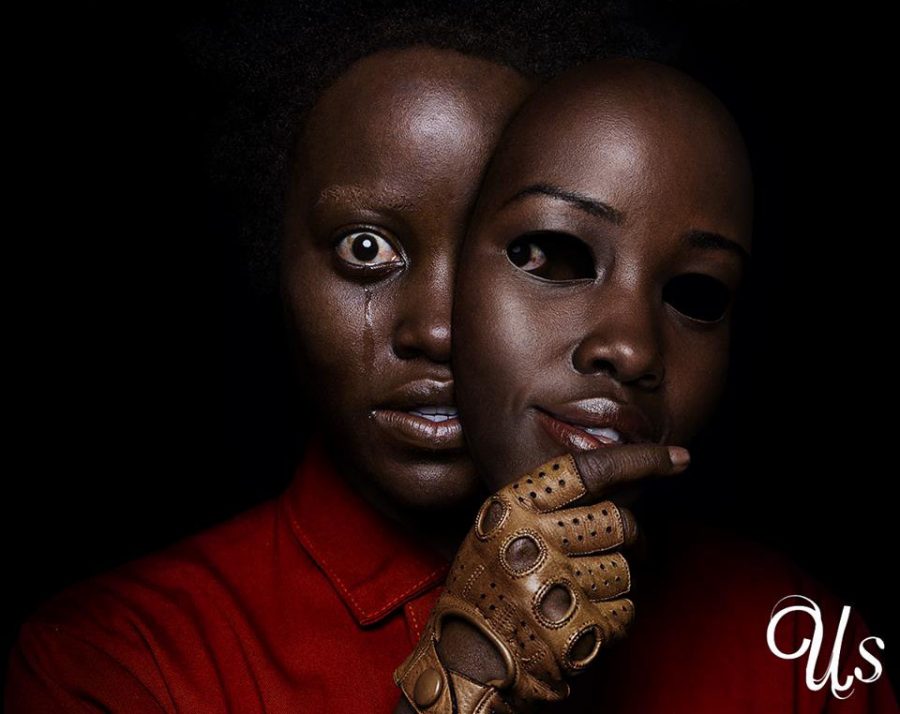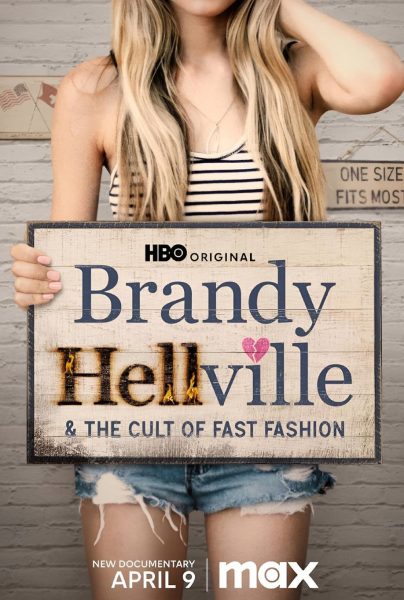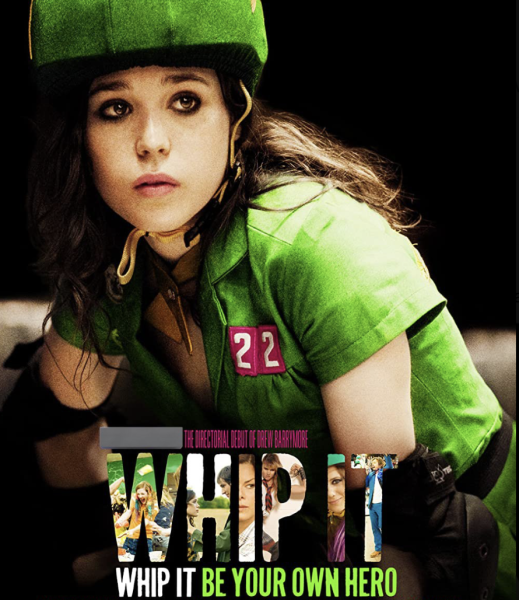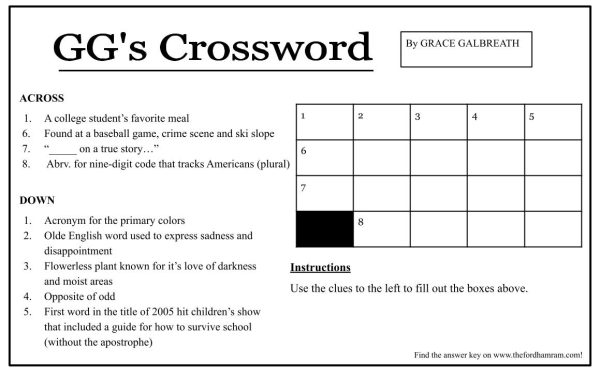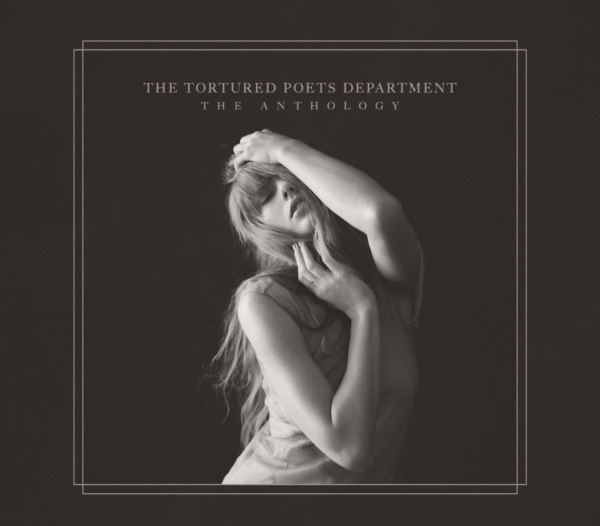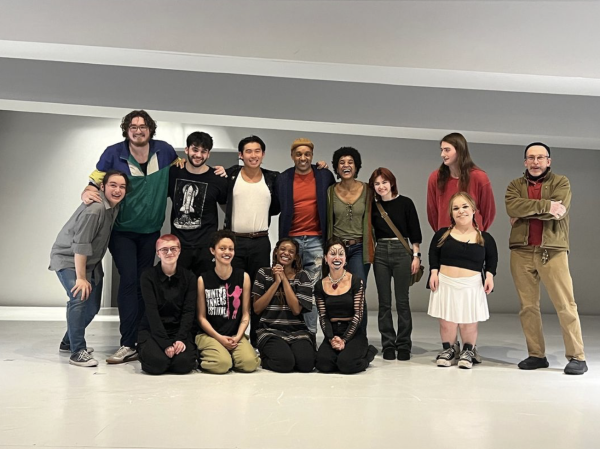Peele Does It Again: “Us” Exceeds Expectations
By Matthew Dillon
“Us” is the newest horror film to come from Jordan Peele, director and writer of the highly acclaimed “Get Out.” A family vacation sees Adelaide (Lupita Nyong’o) return to a theme park where she underwent a traumatic experience as a child. Her lifelong fear that this fateful encounter was never resolved is proven right as her family members confront twisted doppelgangers of themselves. “Us” leans fully into the conventions of the horror genre, and it is very much modeled on the slasher flicks of the ’70s and ’80s.
However, the movie’s journey through this well-established territory has an almost unprecedented amount of intelligence. The film has a riveting atmosphere and manages to be consistently funny and scary. “Us” is one of the most memorable films to come out of this decade and should put to rest any assertion that horror movies somehow do not constitute “real” art.
The film manages to overcome the largest pitfall of the horror genre by providing excellent characterization. Even the best the genre has to offer often fails to see its protagonists as anything more than victims. “Us” presents a cast of characters with believable, complex personalities. Each character’s personal growth is just as engaging as the gruesome frights.
The film’s best movements are when those two elements intersect. Nyong’o, Winston Duke, Shahadi Wright Joseph and Evan Alex give great individual performances as Adelaide, her husband, her daughter and her son, respectively. Their personal arcs receive satisfying resolutions.
Some of them even force you to question who is really to blame for the events of the film. The main actors also fashion one of the most believable families I have seen in any genre of film. The writing and performances tap into common experiences while also giving each character a distinct identity, all without relying too much on stereotypes or tropes.
The film’s story is open about its influences, but it combines what it borrows with innovations. The end result is an entirely fresh take on a well-worn genre. The film regularly subverts your expectations in a way that makes the plot more dynamic. This adds even more tension to the already enthralling atmosphere of “Us,” as you genuinely do not know what to expect.
The film’s technical aspects are just as impressive as its narrative. The camerawork and the music not only make for great scares but also prove to be genuinely thought-provoking when paired with the writing.
“Us” even manages to offer a regular comedic focus without jeopardizing its role as a horror film. Very few modern films manage to reconcile humor with drama, regardless of genre. Meanwhile, “Us” effortlessly mixes the two together. Overall, the film’s sheer style makes up for the rare occasions that its more substantial elements fail.
Despite the discourse surrounding the film, there is little in common between “Us” and “Get Out.” Comparing the two would be useless. They are both horror films with strong political themes, but the content and presentation of each are entirely different.
“Us” is primarily about class, asserting that the American idea of success is a hollow promise coming at the expense of others. That message, while never overtly stated, is present in every aspect of the film, from the horror elements to the character’s individual arcs.
“Us” sports Peele’s distinctive style and is exceptionally well made, but otherwise it is not comparable to “Get Out.” Peele has already proven himself to be a brilliant filmmaker and “Us” affirms that by being a self-contained work.

